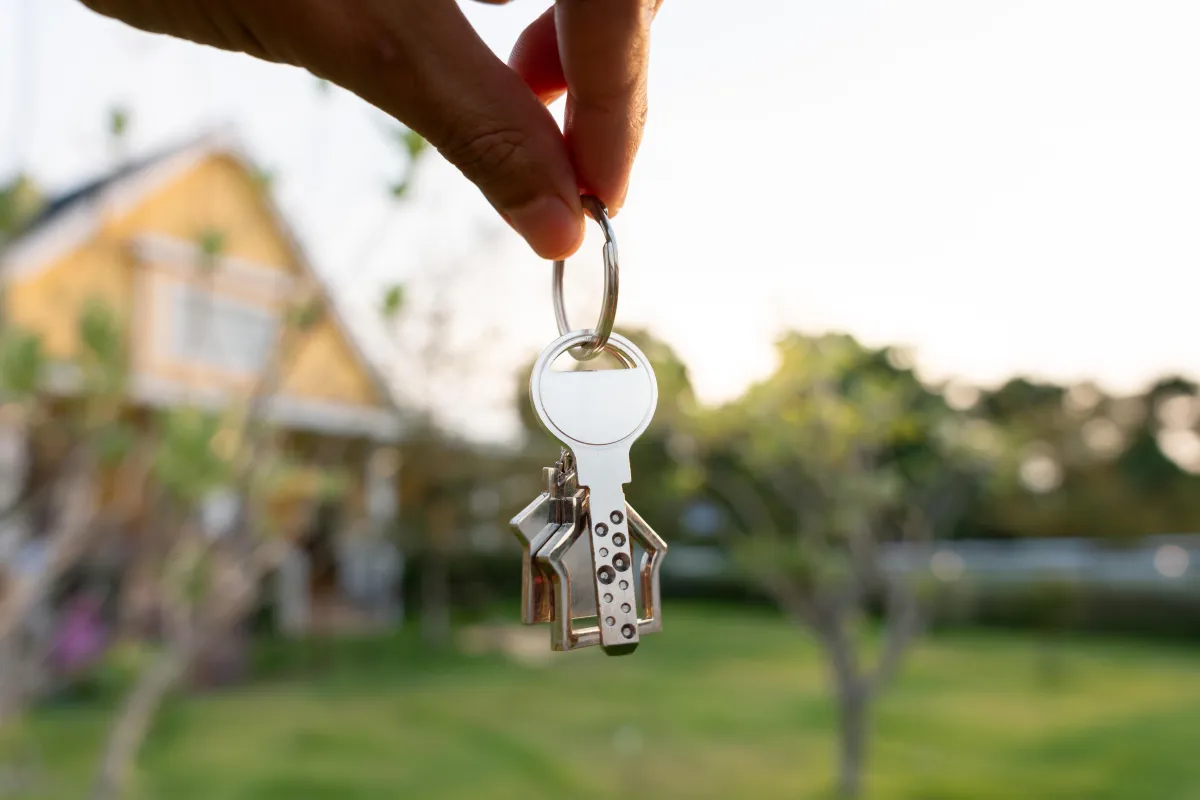
Des Moines's Premiere Home Buyer
Get A Fast Cash Offer On Your Iowa Home Today!
Call Us Now!
(515) 444-5155
Welcome To Our Blog

How to Avoid Common Mistakes When Selling Your Iowa Home Fast
Selling a home quickly can be exciting yet challenging. In Iowa, homeowners sometimes rush into deals or overlook certain details, causing unintended delays or lower-than-expected sale prices. By taking the time to understand frequent pitfalls—such as accepting the first cash offer blindly, misjudging actual market value, and weak negotiating—you can make your experience more efficient. Below are strategies to keep your sale on track while reducing stress.
The Dangers of Accepting a Cash Offer Too Quickly
A cash offer sounds tempting because it usually promises a swift closing. However, not every proposal is created equal, and hastily jumping on the first one can lead to headaches.
Potential Risks
Insufficient Funds: Some buyers might not fully disclose the true state of their financing.
Significantly Lower Offers: In exchange for quick cash, buyers may offer amounts well below true market value.
Ways to Prevent Missteps
Verify Financial Proof: Ask for proof of funds. Legitimate buyers should provide bank statements or official letters from their financial institution.
Request Multiple Offers: Waiting to compare at least two or three proposals can give you better insight into fair pricing.
Work with Established Home-Buying Services: Reputable companies, like Sell Direct Iowa, have track records you can verify through reviews and testimonials.
Missing Out on Real Market Value
Pricing your home accurately is crucial. According to the U.S. Census Bureau QuickFacts, the median home value in Iowa was around $158,900 as of 2021, but your final price might be higher or lower depending on location, condition, and upgrades. Underpricing or overpricing can both hurt your bottom line.
Common Complications
Overpricing: High asking prices can scare off potential buyers, costing you valuable time.
Underpricing: Selling for too little might get the deal done fast, but you end up leaving money on the table.
Smart Strategies
Review Comparable Sales: Look at properties similar in style, size, and location that recently sold.
Factor in Key Upgrades: Improvements like a new roof or recently installed floors can justify a higher list price.
Seek a Local Perspective: Even if you aren’t going the traditional route, opinions from experienced individuals with knowledge of Iowa’s housing market can guide you to a balanced price.
Ineffective Negotiation Strategies
Selling quickly doesn’t have to mean caving to every demand. Negotiation is a balancing act between achieving your goal and accommodating the buyer’s needs. Too often, homeowners accept offers as-is, thinking it will save time—only to regret terms that cost them more in repairs or closing conditions.
Why This Matters
Lower Profit Margin: Avoidable concessions can slash your final payout.
Added Stress: Lengthy back-and-forth or unclear expectations can drag out the process.
Negotiation Tips
Know Your Non-Negotiables: Decide on the lowest acceptable price and note any repair credits you can and can’t accommodate.
Keep Emotions in Check: Attachments to a family home can make negotiations personal. Remaining level-headed helps you stay focused on facts and figures.
Utilize Data Where Possible: When a buyer questions your price, referencing local housing data can underscore what’s fair in the current market.
Ignoring Home Condition Issues
Homes often have quirks—some harmless, others more serious. In a quick-sale scenario, these can lead to mistrust or full-blown deal-breakers if not disclosed or addressed properly.
Common Oversights
Minor Repairs Piling Up: Peeling paint, leaky faucets, or even unkempt landscaping can send a signal of neglect to potential buyers.
Major Structural Problems: Roof damage or plumbing failures will almost always surface during inspections.
Steps to Avoid Complications
Be Transparent: If the property requires significant repairs you can’t cover, inform the buyer upfront to build trust.
Tackle Simple Fixes: Easy wins like painting or fixing broken light fixtures can enhance your home’s appeal.
Highlight Recent Work: Point out any major renovations or systems upgrades you’ve completed, such as a new heating system or updated electrical panel.
Unprepared for Closing Timelines
Even with a swift cash buyer, there are still standard procedures, like verifying title status and lender documents (if applicable). Many sellers fail to factor in these steps, creating unnecessary bottlenecks.
Possible Downsides
Extra Carrying Costs: Beyond mortgage payments, monthly expenses like utilities and property taxes continue accumulating until closing.
Prolonged Timeline: Missing paperwork or disorganized documents can extend the process by weeks.
Keeping Timelines Under Control
Gather Required Documentation Early: Mortgage statements, lien releases, or inspection reports are often needed in quick sales, too.
Stay Organized: Maintain digital copies in a single folder for easy reference if different parties ask for the same information.
Open Communication: Promptly respond to questions or requests for documentation to keep momentum high.
Additional Pitfalls to Watch For
Ignoring the Power of Staging
Even if you’re selling fast, a clean, decluttered space helps buyers envision moving in. Simple improvements like rearranging furniture or adding fresh flowers can make a measurable impact.
Basing Decisions on Outdated Online Estimates
Automated home values might not reflect the latest improvements or local market shifts. Supplement online estimates with data from trusted sources or insights from real estate experts.
Overlooking Buyer Red Flags
Even cash buyers might have last-minute financing hurdles or unprofessional communication. Keep your eyes open for any red flags, such as contradictory statements about funds or hesitance to provide proof of payment.
Time to Make Your Move
Carefully vetting offers, setting a justified price, and effectively negotiating are the keys to selling your Iowa home fast while preserving peace of mind. Being transparent about your home’s condition, organizing vital documents early, and preparing for closing timelines can further smooth out the process. If you’re weighing your options or want a straightforward approach, consider Sell Direct Iowa. With a bit of planning and awareness, you’ll be better positioned to secure a quick, hassle-free deal on terms that meet your goals. Contact us today to learn more!

Copyright © 2026 All Rights Reserved